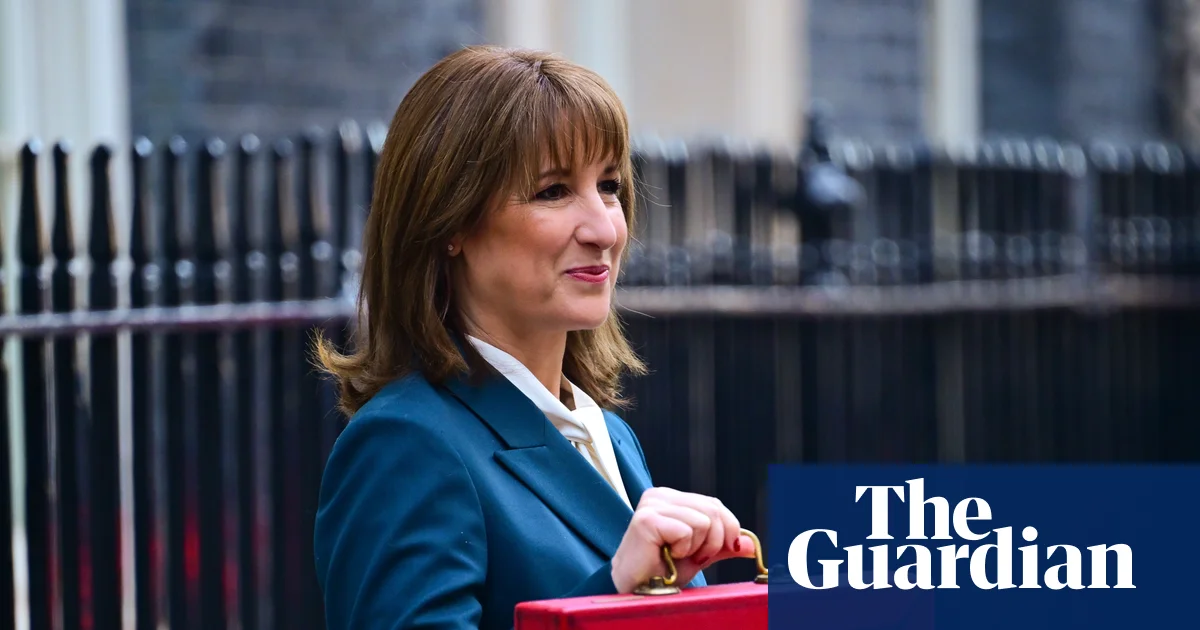Rachel Reeves is announcing her financial update – here are the main points, with political analysis
The chancellor’s opening remarks were somewhat overshadowed by the fact that the Office for Budget Responsibility’s (OBR) assessment of her budget’s impact were accidentally published early, in an unprecedented gaffe that the shadow chancellor, Mel Stride, called “outrageous”.
The Office for Budget Responsibility (OBR), in a document released early in what appears to be an extraordinary blunder, is predicting growth of 1.5% for this year, up from the 1% it predicted in March. After that, the forecast is for 1.4% next year and 1.5% every year thereafter until 2030. That means that every year from 2026 has been downgraded. Previously, forecasts were for 1.9% in 2026, then hovering between 1.7% and 1.8%.
Inflation appears to be running very slightly hotter than predicted in March, coming in at 3.5% this compared with a forecast of 3.2%, then 2.5% in 2026 (up from 2.1%). Thereafter it is as you were, at 2% every year.
Borrowing for 2024-25 has come in at £5.1bn, higher than the March forecast of £4.8bn. After that, forecast borrowing remains higher than the OBR’s March forecast in the short term. For 2025-26 it’s £4.5bn (up from £3.9bn), then £3.5bn (vs £3.1bn)), £3bn (£2.5bn), £2.6bn (£2.3bn), £1.9bn (lower than the March forecast of £2.1bn), and finally £1.9bn in 2030.
Fuel duty has once again been frozen for another five months at least, until September 2026. The rate has been frozen since 2010-11. After that, a temporary 5p cut to rates introduced in spring 2022 will begin to unwind.
Shares in gambling companies plunged even before the chancellor stood up, after the accidental release of Office for Budget Responsibility (OBR) forecasts revealed big rises in online gambling duty, aimed at raising £1.1bn by 2029/30. The figure would be higher, £1.8bn, but the government expects some customers to bet less and admits that others are likely to switch to the illicit market, as the extra duty is passed on to consumers in the form of less attractive bonuses and odds.
From April 2026, remote gaming duty (RGD), levied on online casinos, will rise from 21% to 40%, a rise that some in the industry have said will render some businesses unprofitable and cost thousands of jobs. Bingo duty of 10% is abolished.
There will be a new online-only rate of general betting duty, which is levied on operators’ income from sports betting. High street bookies will still pay the current rate of 15% but for online, the duty will rise to 25%, with a carve-out for horse racing. Casino gaming duty bands will be frozen.



